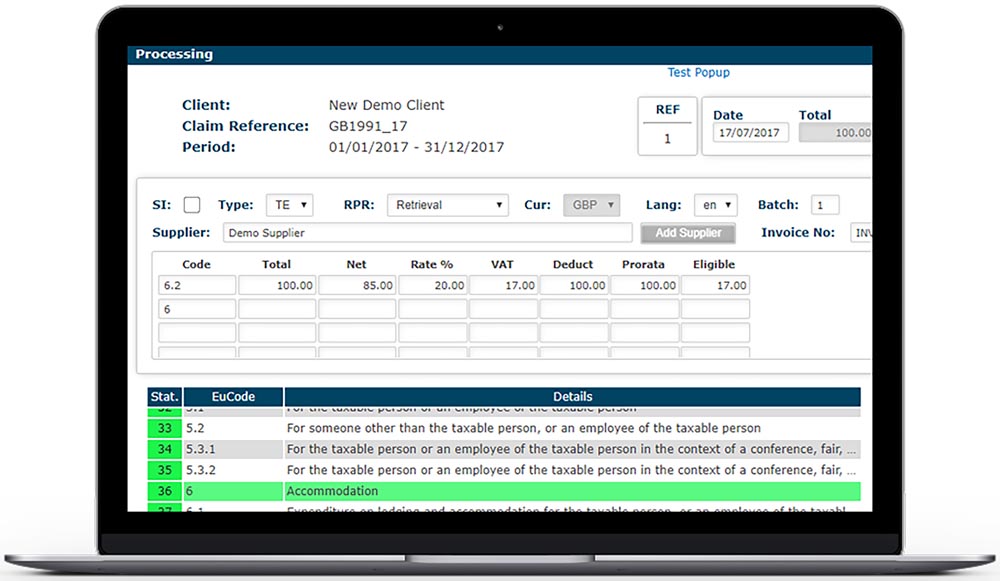
When money is tight, an unexpected bill or a change in circumstances can easily stretch your finances to the limit and in some cases over the edge. Situations such as the loss of a job, a temporary fall in income, divorce, bankruptcy, retirement, the death of a spouse, or even a broken-down boiler can make covering everyday bills and living expenses impossible.
It goes without saying that a financial emergency is incredibly stressful, especially when there are no emergency funds or savings to fall back on. Unfortunately, the flipside of ultra-low interest rates in the UK has resulted in Britain becoming a nation of borrowers, not savers. According to one study, one in ten people in the UK typically spend more than they earn, and a quarter of British adults have no savings at all.
So, what can you do if you are faced with a financial emergency? Follow our 6 financial emergency steps to get back on track:
1 Evaluate the situation
Perhaps the most important thing to do first when you are faced with a financial crisis is to take stock of the situation. Rushing into a course of action in the heat of the moment could make matters worse. Payday loans, for example, sound simple and straightforward, but if you can’t repay the loan when the repayment is due, extortionate interest can quickly create a debt nightmare. Find out more about what happens if you can’t repay a payday loan here.
It’s important to keep a cool head and understand how your financial situation came about. While the source of a financial emergency due to sudden essential car repairs is obvious, the reason you’ve run out of money a week before pay day may be less so. Understand what has gone wrong before you take decisions on how to rectify the situation.
2 Assess and prioritise expenditure
If you already have debts, be sure you are paying them off in the right order. The Money Advice Service offers useful information on how to prioritise your debts and what to do in a debt emergency. If you are faced with court action, bailiff action, disconnection or eviction for mortgage or rent arrears, it’s essential that you seek independent advice. The Money Advice Service, and debt charities, Step Change and the Debt Advice Foundation all offer a free debt advice service.
You will need to prioritise bills and everyday expenditure. Cut back on non-essentials. Put secured debt ahead of unsecured debt. Make sure all of the vital living expenditures are taken care of first. Do you really need the Sky TV package?
3 Contact creditors and service providers
If you are struggling to pay some of your bills, credit cards or loan repayments on time, don’t ignore the fact. Contact your creditors and service providers immediately if you are unable to pay the full amount. In many cases you will be able to agree an alternative payment plan while you work through your financial crisis. The worse thing to do is to leave bills unpaid and not say anything.
4 Access emergency funds
Sometimes there’s nothing else you can do, but to borrow some additional money from somewhere. If, for example, you have car repairs to pay and need your car to get to work, then you will need to borrow the money to fix your car and avoid losing your job. In this situation, don’t be afraid to ask colleagues for a lift or even see if you are able to borrow a car from a friend or relative until you are able to afford to get your own car fixed.
Try to borrow money from friends or relatives first with a clear plan on how you will pay them back. However, borrowing from friends or relatives isn’t always possible, so you may want to apply for a conventional loan from a bank or building society. If you have a poor credit score or need the money fast that option won’t be available to you.
Find out more about what your credit score is and how to check it here. You can check your credit score for free with Clearscore or Experian.
You may be able to borrow money from less conventional lenders, but always check the interest charges and repayment terms. It is important you ensure you are able to meet the repayments before committing to any loan.
If you have a poor credit rating you may still be able to get a loan, as long as you have a guarantor (someone who assumes the liability for the credit and agrees to take responsibility for the repayments if at some point in the future you can’t afford to make them). This website has a comparison tool for guarantor loans offering same day payouts. Find out more about what a guarantor is here.
5 Cut spending
As soon as you find yourself in a financial crisis, it is vitally important that you look at ways to cut spending. Cut all non-essential spending from your budget. Look at ways you can save money on living expenses, such as food. It may be worth switching your utility bills to save money, which may not have an immediate effect on your financial situation, but will help you to budget better in the future. See these 11 ways to save energy at home.
6 Increase your income
Consider whether it is possible for you to take an extra job for a short while. An additional part-time job will give you some extra funds to help weather the financial crisis and if you do have to borrow money will help you to pay back the loan.







